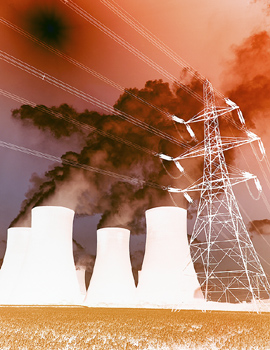Feb 20 2005
 Air pollution, and especially particulate matter, thickens the blood and boosts inflammation, finds experimental research in Occupational and Environmental Medicine.
Air pollution, and especially particulate matter, thickens the blood and boosts inflammation, finds experimental research in Occupational and Environmental Medicine.
This may help to explain why air pollution is associated with an increased risk of heart attacks, stroke, and worsening respiratory problems.
The research team tested the inflammatory and blood clotting responses of human immune cell (macrophages) and umbilical cord and lung cells, six and 24 hours after exposure to particulate matter.
The results showed that clotting factors, which thicken the blood, were enhanced in almost all the cell types. The rate of death in immune cells also significantly increased, and exposure to the pollutants boosted inflammatory activity.
The authors say their findings suggest that particulate matter has the ability to alter cell function so that it promotes thickening or coagulation of the blood. And they point to a potential synergy between the factors that boost inflammation and blood thickening.
Ultrafine particles of inhaled particulate matter can enter the bloodstream, raising the possibility that their "thickening" effects on macrophages might have an impact on the plaques found on artery walls. Macrophages are a major component of arterial plaques.
Contact:
Professor William MacNee, Colt Laboratory, University of Edinburgh, Edinburgh, Scotland
Tel: +44 (0)131 650 2889
Tel: [email protected]
Click here to view full paper